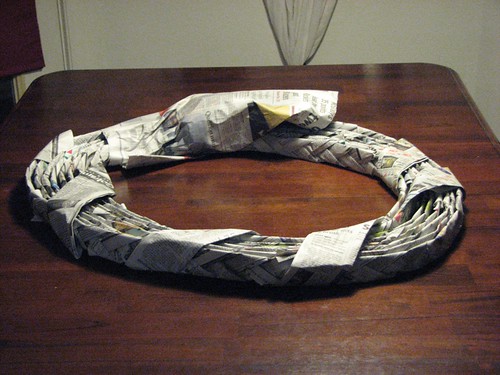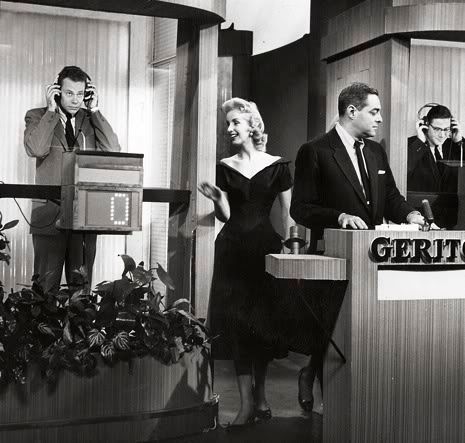
The compulsion to marshal anti-elitist rhetoric in blind defense of corporatism may never appear as nakedly as it does in Charlotte Allen's LA Times op-ed titled 'Keep your self-righteous fingers off my processed food.' While the blindingly dumb headline, and a byline identifying Allen as the keeper of the Minding the Campus section of the Manhattan Institute website may be enough for you to write the author off as an anti-intellectual theocon, braving the full text offers a vivid example of how wrong one can go when searching for elites to rail against. Allen's strategy is to brand as "spending enthusiasts" a disparate brand of social critics arguing for the consumption of more locally-grown food and against the continuing market dominance of discount chainstores. Her reasoning for this begins and ends, it seems, with this: all of these critics advocate patronizing farmer's markets, and everyone knows farmer's markets are too expensive. In Allen's China-made straw man, critics of Wal-mart's low, low prices are simply elitists who don't want the poor to own televisions or afford milk.
Certainly, the 'foodie' culture that has risen alongside the work of legit critics like Michael Pollan and Ellen Ruppel Shell requires some unpacking, with its attendant fetishization of rare edition esoterica, small batch snake oil, and far-flung regional specialization. Such unpacking, ironically, would most likely bring one to Whole Foods, the grocery chain currently run by libertarian and anti-health care reform CEO John Mackey, whose propositions to improve public health in the US included 'shopping at Whole Foods more often.' Unfortunately, and lazily, Allen lumps local food advocates like Pollan together with such Whole Foods 'foodies', but only the farmers come in for the abuse:
Dire economic circumstances don't seem to faze these spending enthusiasts, who scold us for shopping at supermarkets instead of at farmer's markets, where a loaf of "artisanal" (and also "sustainable") rye bread sells for $8, ice cream for $6 a cup and organic tomatoes go for $4 a pound.
To take it from Allen, farmers decide to charge these amounts on a whim. Maybe the number 8 just looked nice and symmetrical that day. Maybe the farmer is just an asshole, out to scam some burgeoning foodie tourists. What clearly doesn't enter into Allen's calculus, however, is any kind of sober look at the true costs of quality food production on a small scale, and the hidden costs of Wal-mart's mass production and distribution. A superstore shopper may be able to get a loaf of bread for $1.50, but if that loaf of bread has a neutral or negative impact on its consumer's health, what exactly makes it a better buy than that loaf of $8 bread? The IKEA shelf she praises for it's affordability may have cost her $25, but when it falls part during her next move and she has to buy another one? Allen refers to her mother's sage maxim, "If you don't care for the quality..., you get what you pay for." What if you can't afford quality? Say, because you live in a small town where an influx of Wal-marts and other big box stores has contributed to an overall stagnation in wages? Allen's answer to this question would undoubtedly contain the word 'artisanal'.
"Meanwhile, Professor Pollan, eat all the "plants" you like -- but don't try to pry me from my Häagen-Dazs dark chocolate ice cream. I bought it at Safeway, and it's sitting on my IKEA kitchen table."
It's always hard to pin down exactly what is so revolting about libertarians, but I think this about does it. Allen rages against those imaginary spendthrifts who would curtail her to two pairs of sneaker purchases a year and take away her Häagen-Dazs as elitist tramplers of liberty seeking to deny her her utterly mediocre existence, but the swarm of Wal-marts metastasizing throughout the land, leveling prices, wages, and innovation in their wake? No problem at all.
While we're keeping track: the last time I checked, a pint of Häagen-Dazs was about $4.50.











